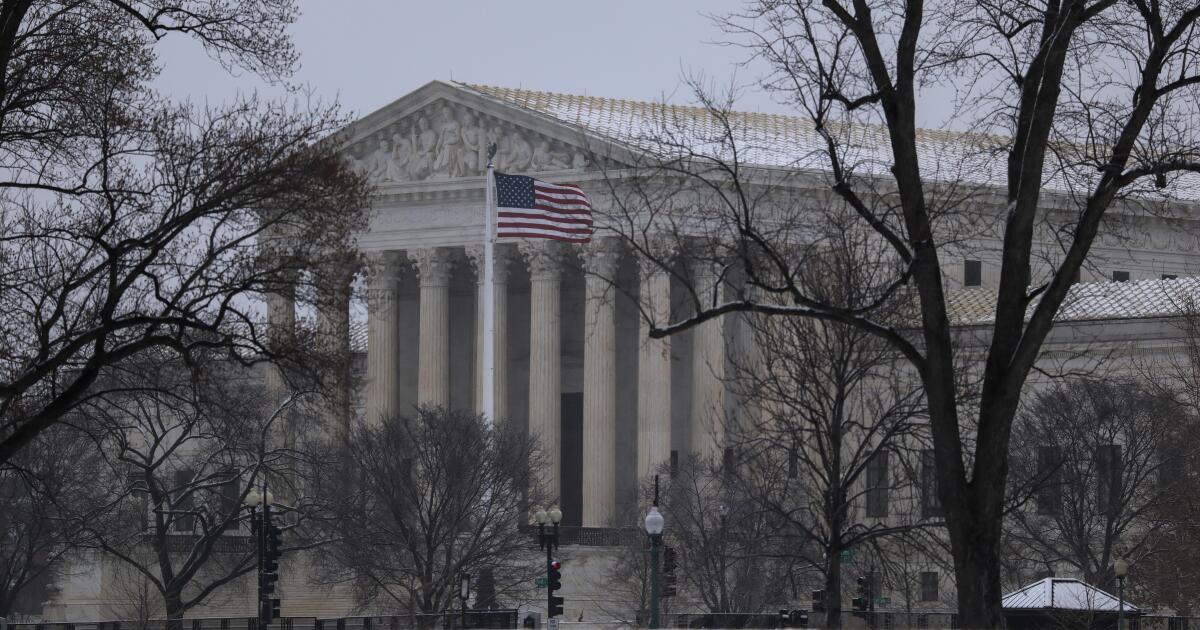Supreme Court to decide on throwing out climate change lawsuits
WASHINGTON — The Supreme Court agreed Monday to decide on shielding energy producers from dozens of lawsuits seeking to hold them liable for costs of global climate change.
In the past decade, dozens of cities, counties and states, including California, have joined state-based lawsuits that seek billions of dollars in damages, and they have won preliminary victories in state courts.
But the Trump administration and the energy producers urged the Supreme Court to throw out all of these suits on the grounds they conflict with federal law.
“Boulder Colorado cannot make energy policy for the entire country,” lawyers for Suncor Energy and Exxon Mobil said in their appeal. They urged the court to rule that “state law cannot impose the costs of global climate change on a subset of the world’s energy producers chosen by a single municipality.”
The justices will hear the case of Suncor Energy vs. Boulder County, but arguments will not be held until October.
The Biden administration had said the justices should stand aside while the lawsuits move forward in state courts, but the Trump administration filed a brief in September urging the court to intervene now.
They said the case has “vast nationwide significance,” and it should not be left to be decided state by state.
Lawyers for Boulder had urged the court against taking up the issue at an early stage of the litigation. “This is not the right time or the right case for deciding” whether municipalities can sue over the damage they have suffered.
But after weighing the issue for weeks, the court announced it will be hear the claims of the oil and gas industries.
